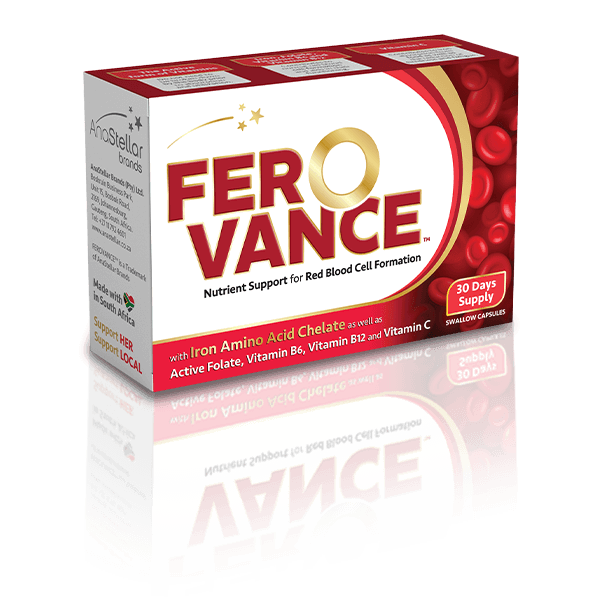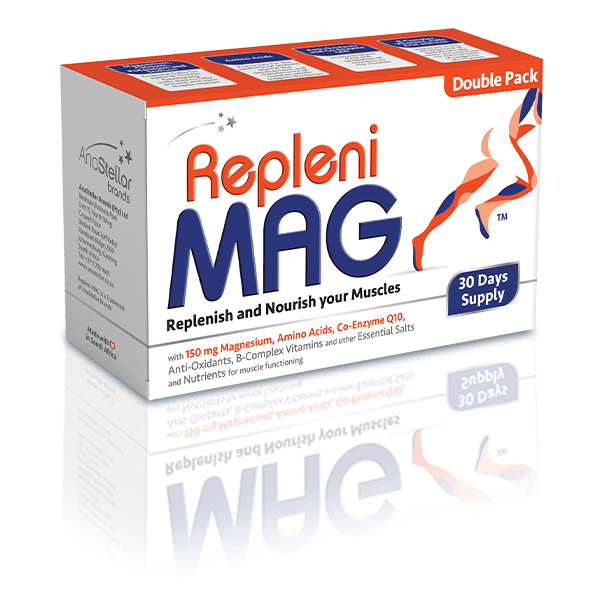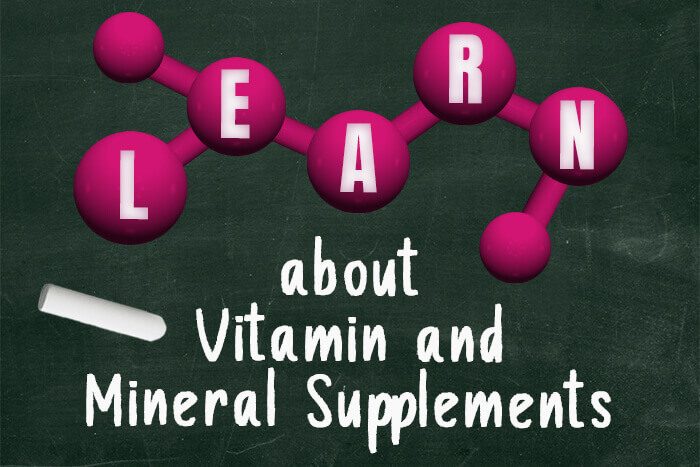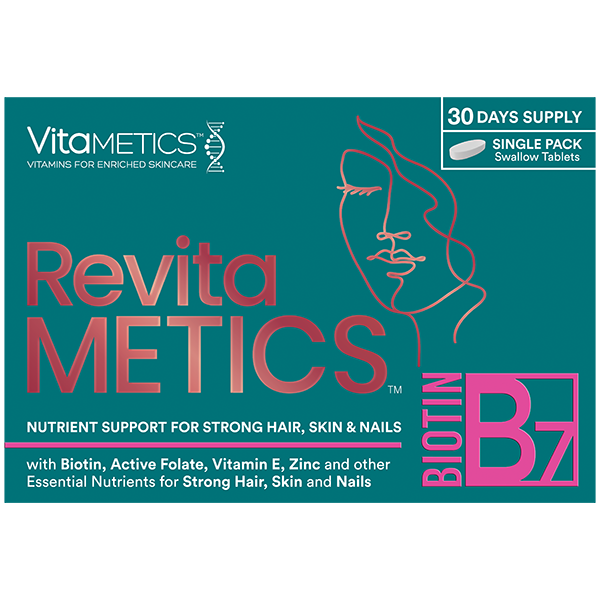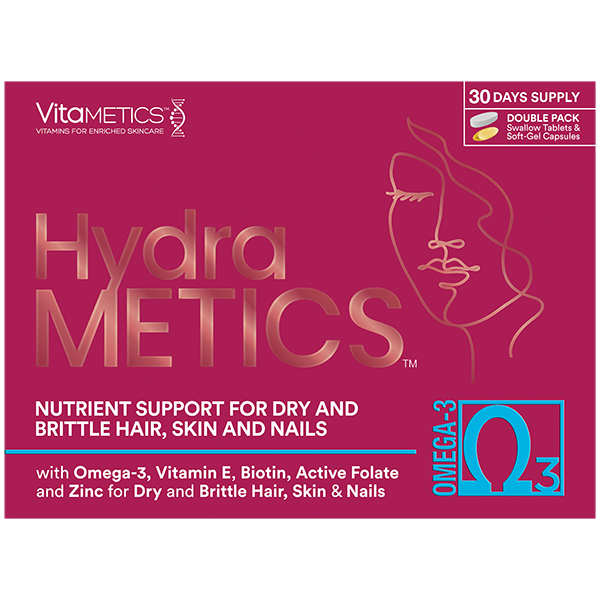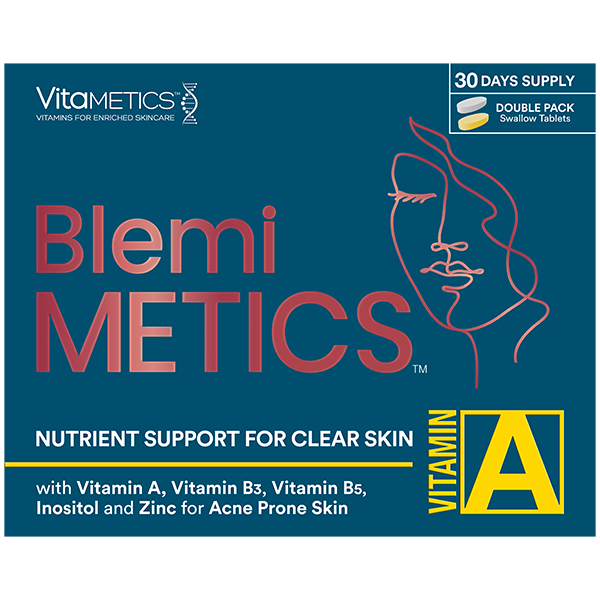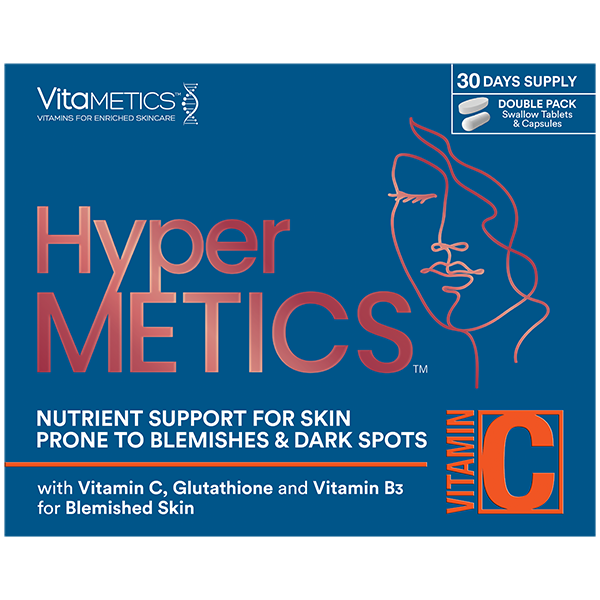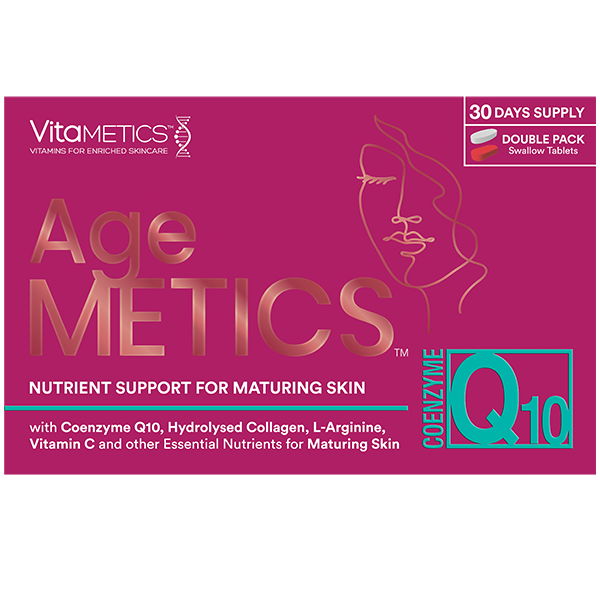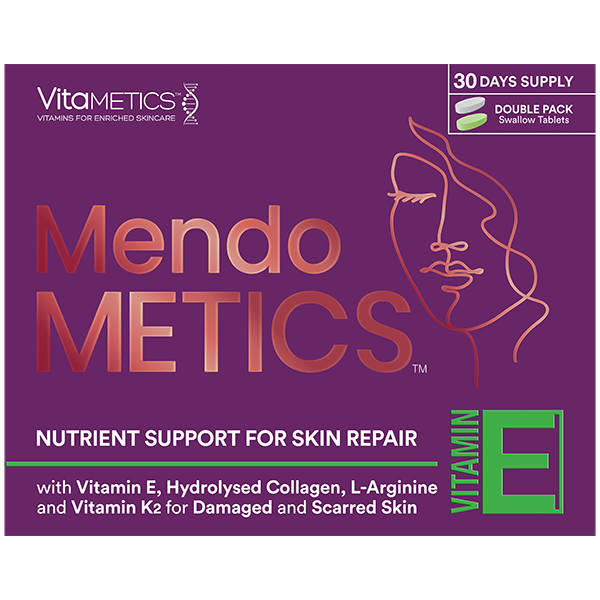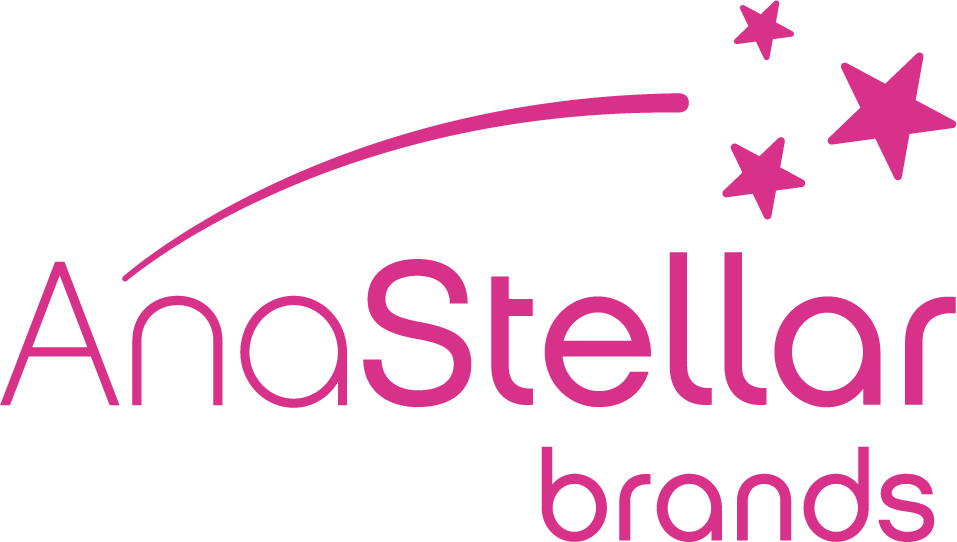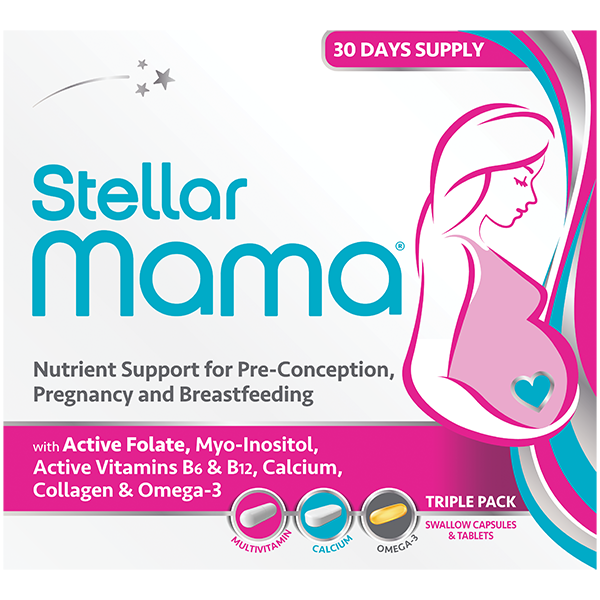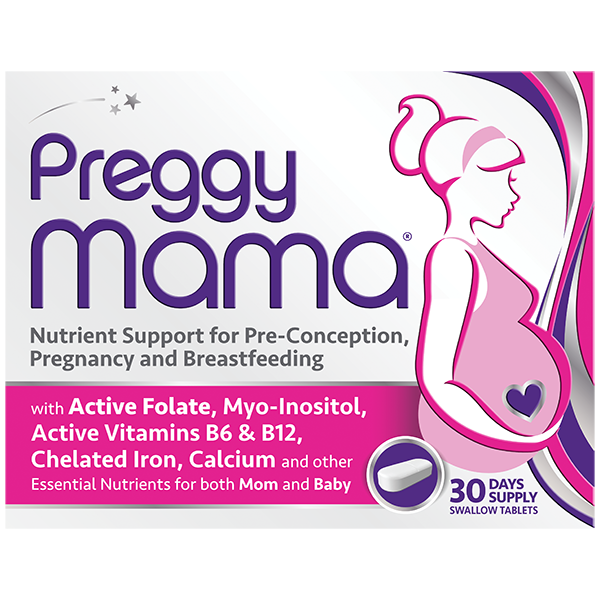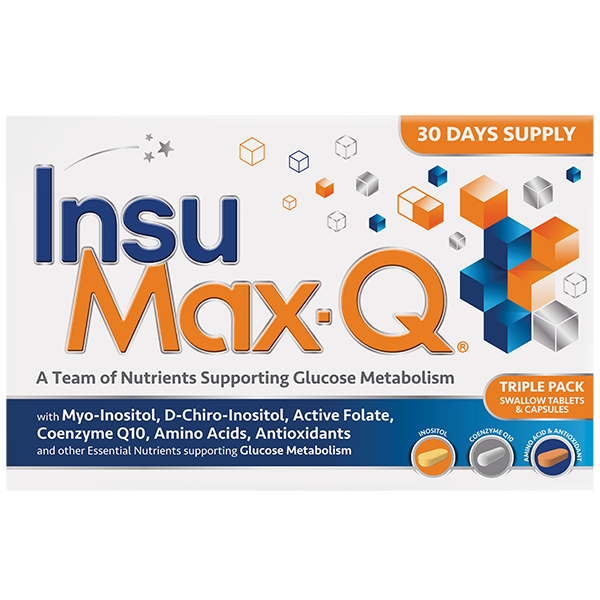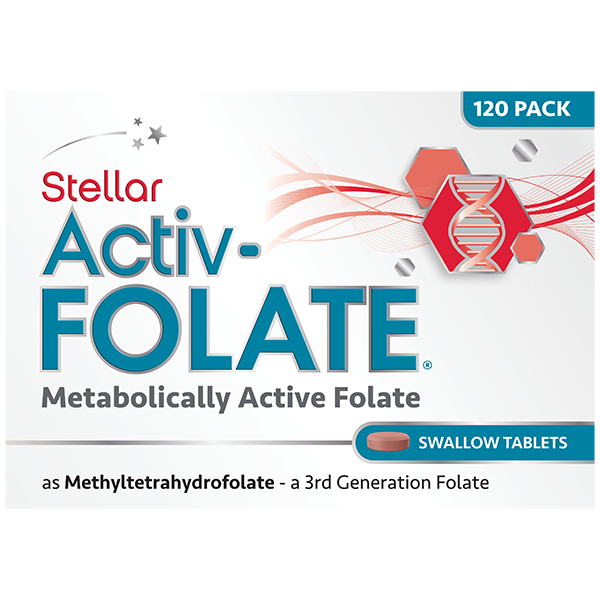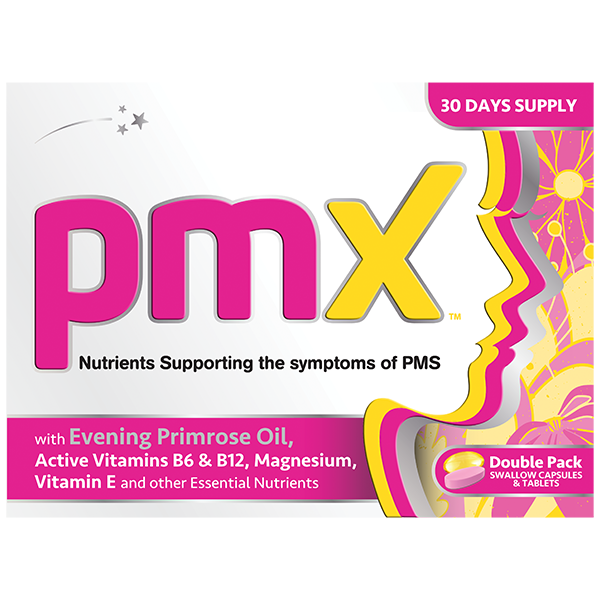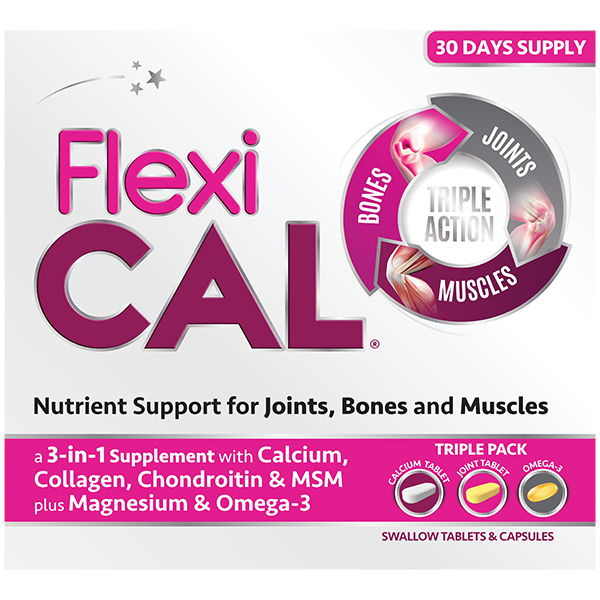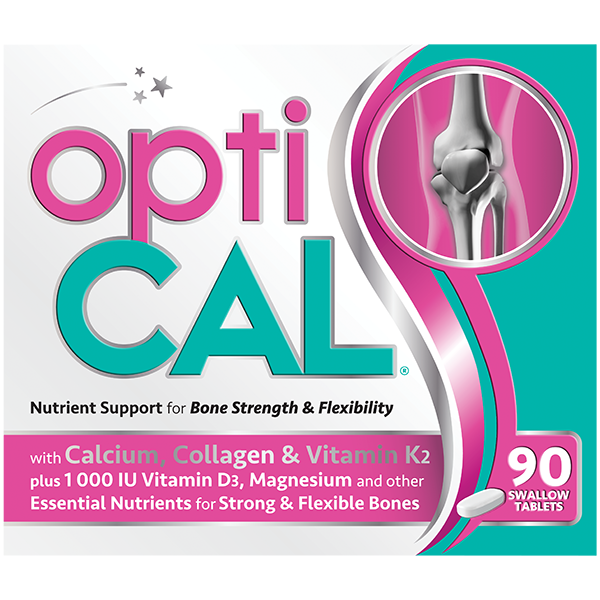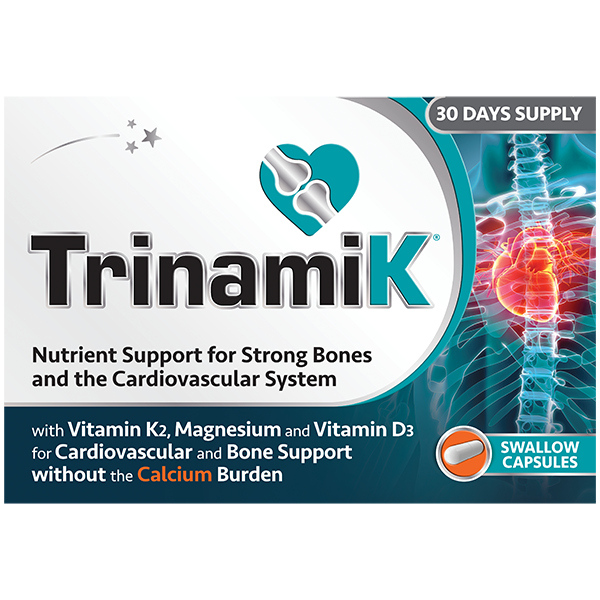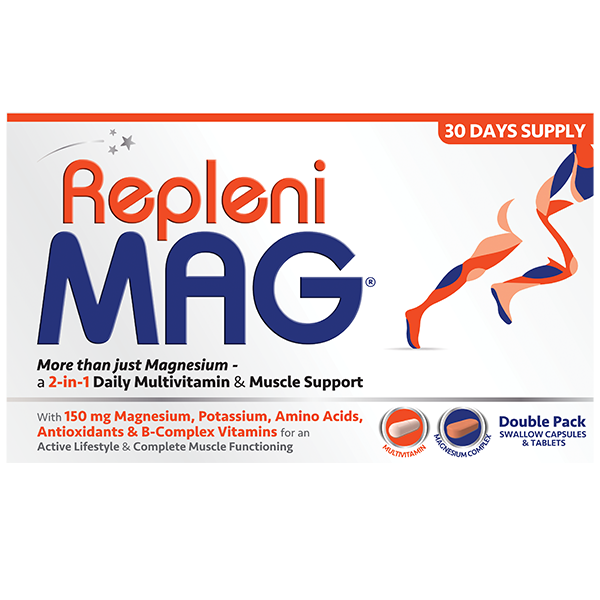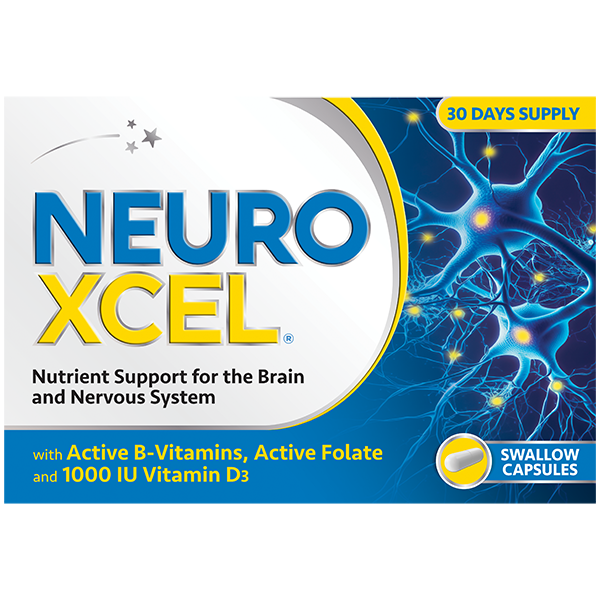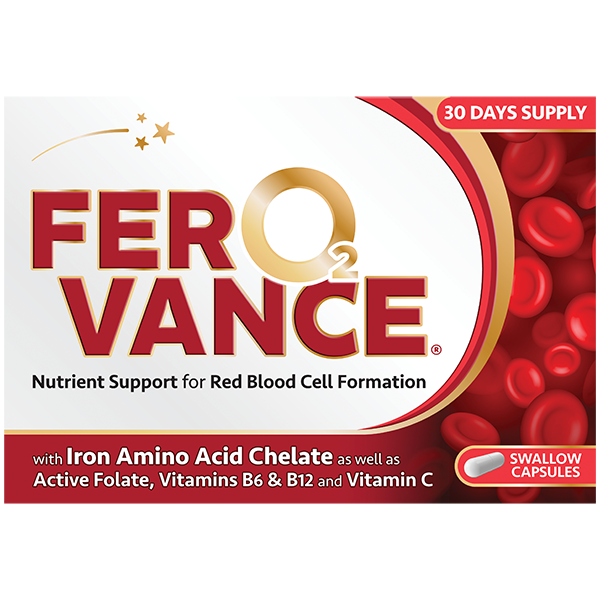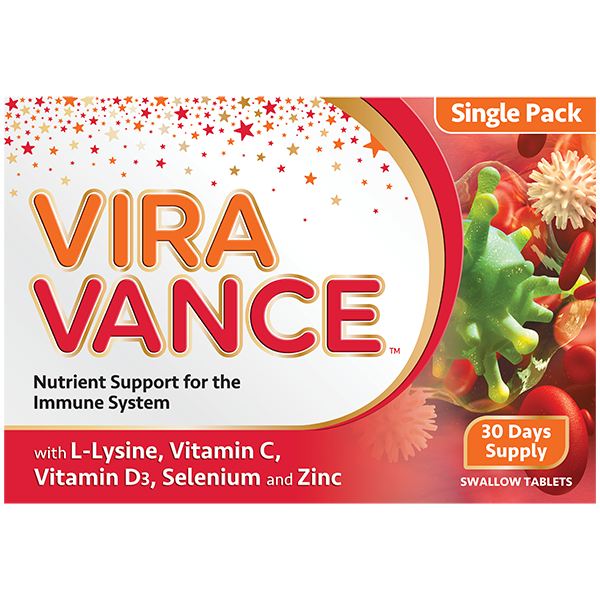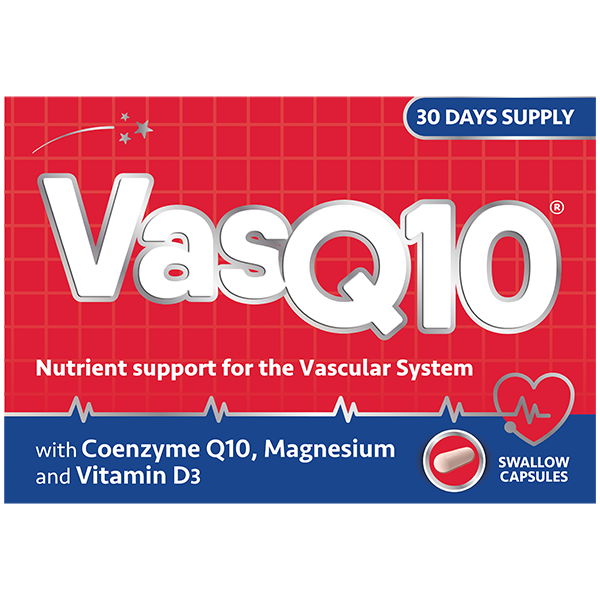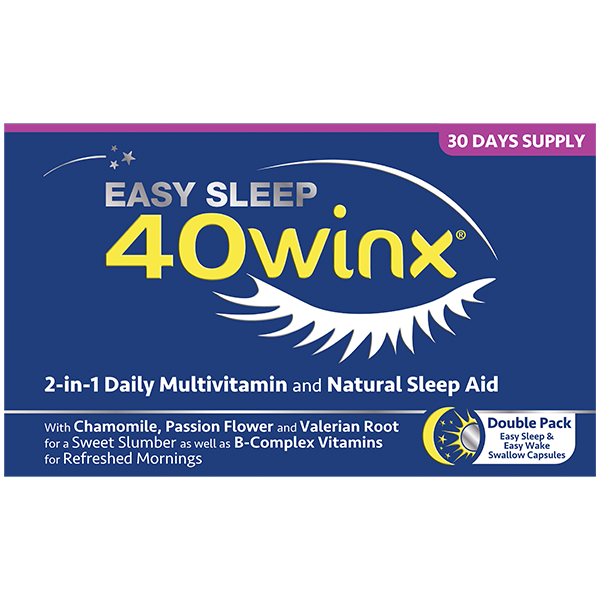FREE SHIPPING FOR ORDERS R500 OR MORE
FREE SHIPPING FOR ORDERS R500 OR MORE
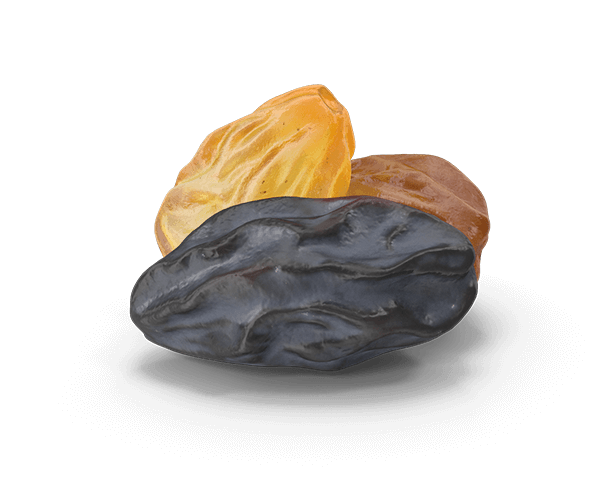
Iron Supplements Benefits
Iron supplements benefits
Iron is a vital trace element, and it plays a key role in multiple metabolic pathways including respiration (oxygen transport), energy production, oxidative metabolism, DNA synthesis and cellular proliferation, and many other catalytic reactions. Iron is an essential component of Haemoglobin, an erythrocyte protein that transfers oxygen from the lungs to the tissues. Iron is also a component of Myoglobin, a protein that provides oxygen to muscles. Iron supplements are necessary for the growth, development, normal cellular functioning, and synthesis of some hormones and connective tissue.
Nutritional Deficiency Anemia (NDA) is caused by a lack of Iron, Protein, Vitamin B12, and other Vitamins and Minerals that are needed for the formation of Haemoglobin. Folic Acid Deficiency is a common association of Nutritional Deficiency Anemia and Iron Deficiency Anemia is the most common nutritional disorder.
Iron deficiency can lead to symptoms of fatigue, weakness, pallor, shortness of breath on exertion, depression, impaired cognitive function, palpitations and Restless Legs Syndrome. Gastrointestinal symptoms are also fairly common, and the fingernails may become lustreless, brittle, flattened and spoon shaped. Helicobacter Pylori infection is also associated with Iron Deficiency.
Dietary Iron has two main forms: Heme and Non-Heme.
Heme Iron is the type of Iron that comes from animal proteins in our diet i.e. meat, poultry, seafood, and fish. Heme Iron is typically absorbed at a higher rate than Non-Heme Iron. The human body absorbs an average of about 15% to 35% of the Heme Iron consumed.
Non-Heme Iron is the type found in plant-based foods like grains, beans, vegetables, fruits, nuts, and seeds. Non-Heme Iron is absorbed at a rate of 2% to 20%.
Factors like Anemia, heavy menstruation, being a regular blood donor, lifestyle choices (vegetarian / vegan) as well as having gastrointestinal conditions that cause malabsorption of nutrients (Celiac disease / Irritable Bowel Syndrome) can affect how much Iron supplements you need. In these circumstances, diet alone does not always provide the right amount of Iron required and oral Iron supplementation can help to bridge the gap in requirements. It is also very convenient.
Also known as (Other names for Iron) :
Ferrous Sulphate, Ferrous Fumarate, Ferrous Gluconate and Ferrous Bisglycinate.
Stellar Mama contains 24 mg of Amino Acid chelated Iron.
Preggy-Mama contains 24 mg of Amino Acid chelated Iron.
Repleni-MAG contains 15 mg of Amino Acid chelated Iron.
Easy Sleep 40winx contains 15 mg of Amino Acid chelated Iron.
Things to look for in the Best Iron Supplement
Iron Supplements are available in liquid, tablet, or capsule form. In severe cases of Iron Deficiency Intravenous (IV) Iron can also be administered. Oral Iron Supplements are retailed under their Iron Salt names such as Ferrous Sulphate, Ferrous Fumarate, Ferrous Gluconate and Ferrous Bisglycinate. Each Iron Salt has a different elemental value of Iron. Conventional oral Iron Salts are infamously known for causing gastrointestinal side effects like nausea, constipation and black stools! Ferrous Sulphate is associated with a significant increase in gastrointestinal-specific side effects.
Chelated oral Irons like Ferrous Bisglycinate are often the preferred oral Iron form as this form of Iron Salt has less gastrointestinal (GI) side effects and is softer on the stomach.
Vitamin C has been shown to enhance Iron absorption, which is why it is often recommended that you take your Iron Supplement with a glass of orange juice.
Frequently Asked Questions:
What are the signs of Iron Deficiency?
Iron Deficiency can lead to symptoms of fatigue, weakness, pallor, shortness of breath on exertion, depression, impaired cognitive function, palpitations and Restless Legs Syndrome. Gastrointestinal symptoms are also fairly common, and the fingernails may become lustreless, brittle, flattened and spoon shaped. Helicobacter Pylori infection is also associated with Iron Deficiency.
How much Iron do I need to take?
The recommended daily allowance (RDA) for Iron is dependent on your gender, age, and circumstance:
- 8 mg for men and non-menstruating women
- 15 mg for menstruating women 14–18 years old
- 18 mg for menstruating women 19–50 years old
- 27 mg for pregnant women
- 10 mg for lactating women less than 18 years old
- 9 mg for lactating women, 19–50 years old
What is Anemia?
Anemia is a common blood condition where your blood does not carry enough oxygen to the rest of your body. Iron Deficiency Anemia is the most common type of Anemia. Your body needs Iron to make Haemoglobin. Haemoglobin is an Iron-rich protein that gives the red colour to blood. It carries oxygen from the lungs to the rest of the body. Anemia can also be caused by a deficiency in Folate, Vitamin B6 and Vitamin B12.
